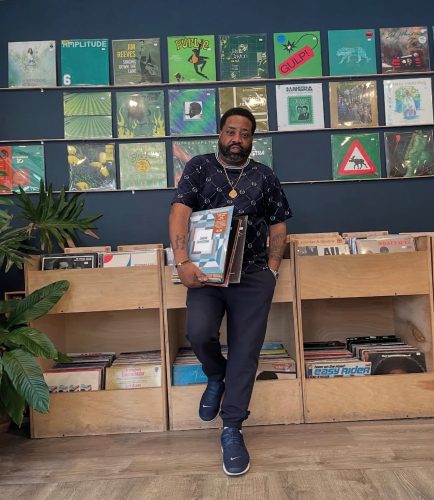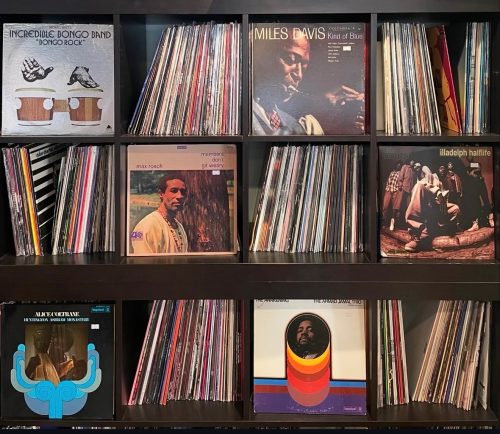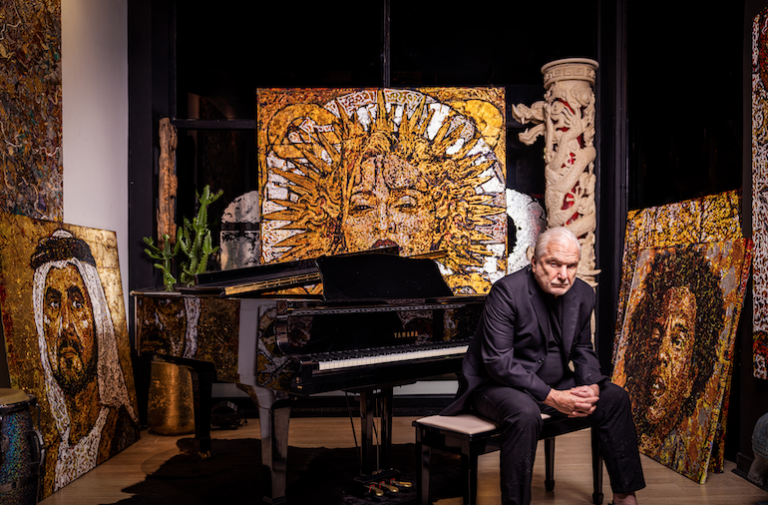ON the further reaches of the web right now, there is a guy doing a hobbyist project to log every possible location that once had a Blockbuster Video store in the United States. In central Boston, we know there were at least two (Boarder Street, Mass Ave), and over 40 across the state of Massachusetts. The vast majority of them closed in 2011, when Blockbuster itself finally went bust.
So, why mention this? Well, Blockbuster’s demise is often cited as the prime example of digital disruption, i.e., the replacement of a traditional industry by an online alternative. In this case of Blockbuster, it was Netflix and, later, other streaming services, but there are many, many other examples: Smartphones upended the photography industry, bringing down giants like Kodak; iTunes and Spotify transformed how we consume music.
Digital disruption really became a fashionable phrase in the 2000s and early 2010s, yet there is today a sense that all those believing in its inevitability may have been somewhat premature. If you are in Boston or the surrounding area anytime soon, check out Music Research Library (Beacon Hill), Good Taste Records, Nuggets, and many other music shops in the region – they are thriving, fueled by sales of vinyl and CDs.

VINYL SALES HAVE DEFIED PREDICTIONS OF DOOM
Indeed, vinyl sales are at multi-decade highs. There’s even a Wikipedia page dedicated to “Vinyl Revival”. Sales of CDs are telling a similar story. Of course, it’s not the case that people suddenly aren’t listening to Spotify. In fact, the reverse might be true. Moreover, we have to provide certain caveats, including the fact that artists, notably Taylor Swift, might sell vinyl and CDs as collector’s items, but it underlines the fact that physical media is not yet dead.
Overall, what you can see is a state of coexistence within sectors where it was once assumed that the digital alternative would usurp the traditional sector. To give another example, consider the arrival of online casinos in the 1990s. Logically, this would represent a clear and present danger to brick-and-mortar casinos, as anyone could simply play online roulette and blackjack with the same conditions they would find in Vegas, Atlantic City, or Encore Casino in Everett.
PHYSICAL MEDIA CAN BE MORE CHERISHED
Yet, while online casinos have thrived – especially after the Supreme Court ruling in 2018 – there has been little to no impact on the footfall or revenues of physical casinos. It arguably comes back to the point we made about vinyl and CDs: A trip to the casino becomes a special occasion, just as Taylor Swift fans buy physical media for something they might cherish beyond the usual music they stream online. You might feel the same way about a physical book you buy rather than reading a novel on a Kindle.
Of course, none of it means that physical media is here to stay. American physical book sales were down in the first half of 2025, and there is a growing sense that the CD revival might be more of a fad than a sustained rally. Yet, it tells us about making assumptions about the demise of some sectors when digital alternatives arrive. Over 40 years ago, MTV launched, and the first song played was “Video Killed the Radio Star” by the Buggles. Recently, MTV announced its main channels would be shuttering, whereas radio is thriving, especially if you consider podcasts as a natural evolution of talk radio.
Right now, all of this is important because if you read technology publications or, indeed, investment pitches, we are told that artificial intelligence is going to transform everything, making many jobs defunct, transforming how art, including music, is created, and so on. Yet, the same voices that say that are those that would have said that vinyl was dead twenty years ago, and probably the same voices that said that radio was dead when MTV launched.












